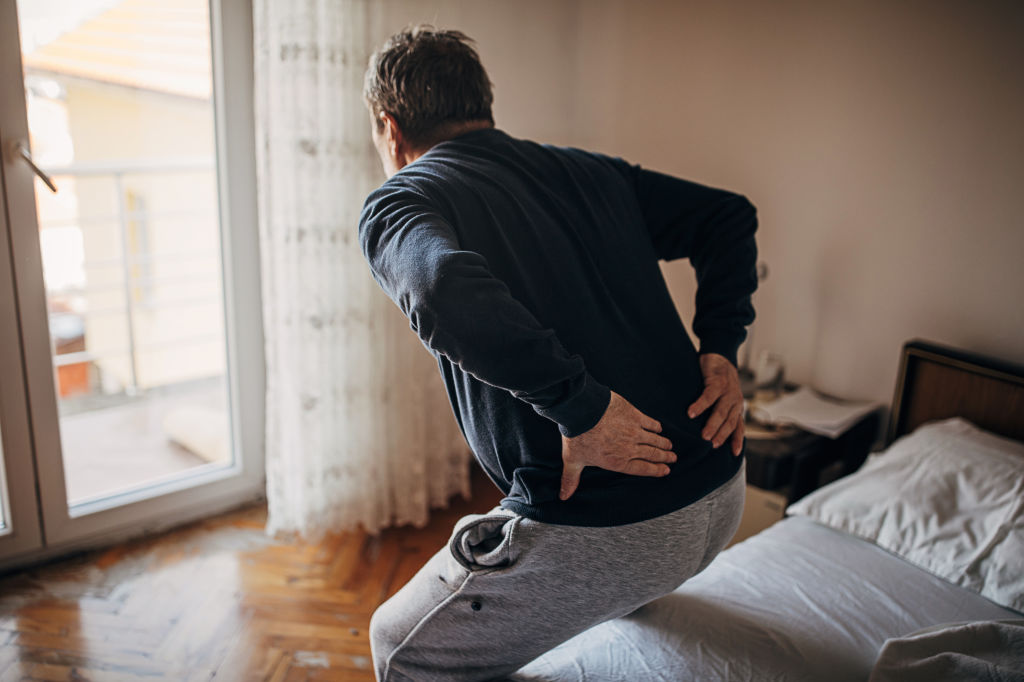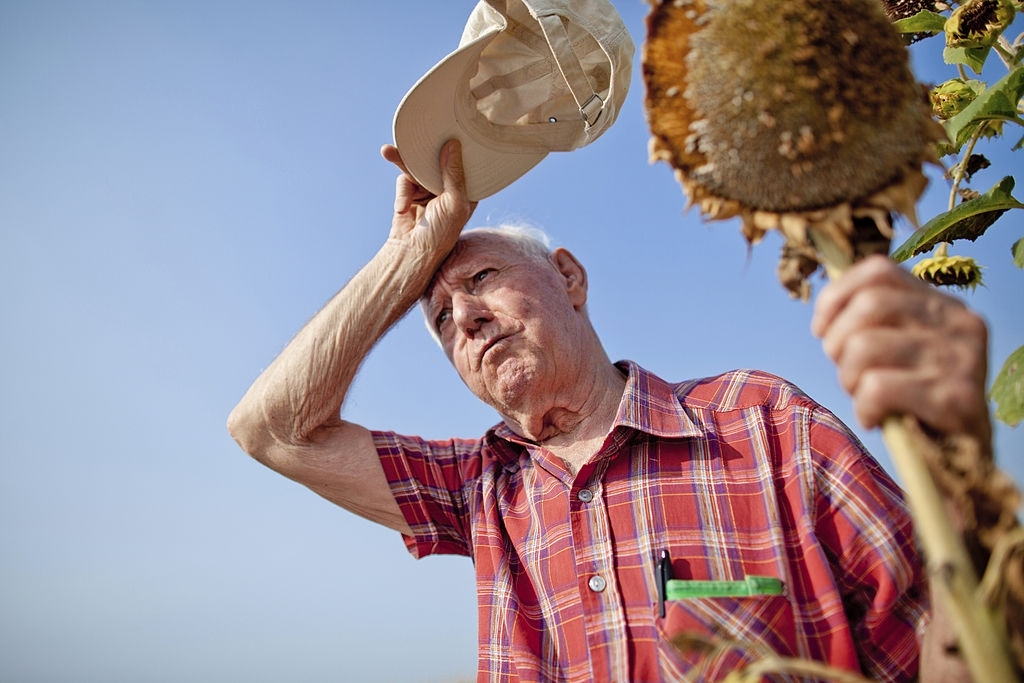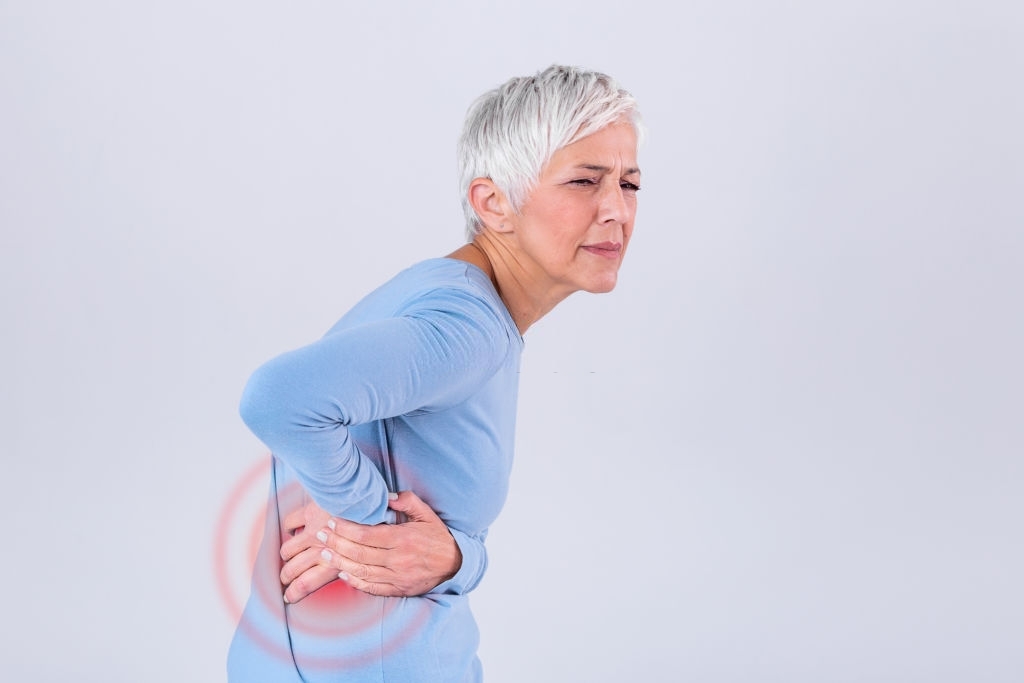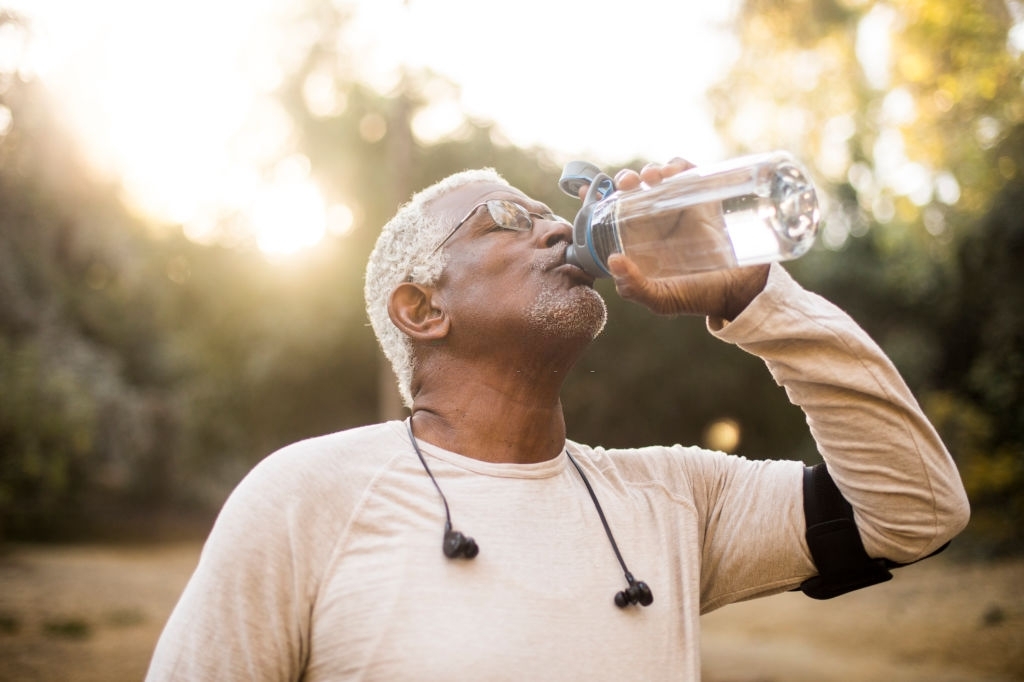Things You Should Know About Kidney Stones in Older Adults

Kidney stones are painful, and anyone who experienced this will confirm it. Though anyone can acquire it, it is frequently common to older adults. The condition affects at least one in ten adults aged 50 years or more. Various factors are associated with the development of kidney stones. Older adults, being frail, are significantly at risk for developing these stones around their kidneys.
If you found this article, you are concerned about your senior loved ones’ health and welfare. Taking note of the information included here will guide you in making several steps to help prevent your senior loved one from getting this painful condition. In addition, it may help you decide whether to get kidney stone surgery for your elderly loved one.
What are Kidney Stones?
Kidney stones are gravel-like formations that form within the kidneys. These stones are usually made up of small amounts of calcium in the urine with other minerals. Kidney stones usually pass out through your bladder. Stones that block the urinary tract and press against vessels can cause pain and decrease blood flow to the kidneys. Kidney stones are the most common kidney disorder.
While doctors are not sure what causes kidney stones, some factors can increase an individual’s risk for kidney stones.
Factors that can Increase an Individual’s Risk for Kidney Stones

Older adults are more likely to develop kidney stones than younger adults as they tend to be older and more fragile than their peers.
1. Insufficient Fluid Intake
Not enough water intake leads to dehydration, which makes your kidneys produce more concentrated urine. That leads to excessive calcium in the urine, which increases a person’s chances of developing kidney stones.
2. Sodium Intake
Older adults may have a hard time controlling their sodium intake when they eat processed or fast foods because processed foods are high in fat and salt, the main factors that cause kidney stones.
3. Excess Calcium Intake
Too much calcium in the diet makes the urine more acidic. Stones are more likely to form when calcium levels in the urine are high.
4. Protein-Rich Foods
Such as meat and dairy products can lead to a person’s excessive blood phosphate levels. These high phosphate levels in the body can raise a person’s risk of developing kidney stones when the body doesn’t have enough water to flush this out of its system.
5. Urinary Tract Infection (UTI)
Kidney stones can develop in response to a urinary tract infection (UTI) in the kidneys or bladder. People with UTI can be at a higher risk for developing kidney stones, and the infection can also worsen the symptoms of an existing kidney stone.
6. Digestive Problems
Hormone imbalances can cause problems in your digestive system. For example, irritable bowel syndrome, infections, eating disorders, gastroesophageal reflux disease (GERD), and celiac disease can lead to kidney stones.
7. Obesity
Obesity in older adults is linked to high blood pressure, high cholesterol, diabetes, and difficulty moving around—all of these increase one’s risk for kidney stones in the urinary tract.
8. Hereditary Link to Kidney Stones
Many people who have family members with kidney stones are at a higher risk of developing them.
9. Medications
Antibiotics, chemotherapy, and some diabetes medications can cause kidneys to become less effective in removing urine from the body. It also increases your chance of getting a kidney stone.
Symptoms of Kidney Stones in Older Adults

The following are the common signs and symptoms of kidney stones.
1. Pain in the Back or Side
Kidney stones can cause pain in the back or side that worsens when you drink fluids. Sometimes, the pain can also move to your groin or abdomen.
2. Bloody or Dark Urine
The color of your urine may go from light to dark to deep red when you have kidney stones because it contains blood from pressure on your kidneys due to stones blocking the urinary tract.
3. Frequent Need to Urinate
Your loved one may need to get up at night multiple times, or you may notice that your loved one is drinking more fluids than usual.
4. Difficulty and Pain When Urinating
Your loved one may strain when urinating. And your loved one may also complain of pain when urinating.
5. Abdominal Pains
Your loved one may experience abdominal pain that comes and goes or last longer than usual.
6. Cloudy or Foul Smelling Urine
The color and smell of your loved one’s urine may be different from a typical yellow or transparent appearance.
Sometimes, these signs and symptoms may be accompanied by vomiting, nausea, fever, and chills in severe instances.
If your loved one ever experienced any combination of symptoms of kidney stones, it is important to understand the basic pain management in seniors to help manage pain and discomfort. Then seek medical help at once.
It is essential to take note that if your loved one’s kidney stones are caused by an infection indicated by foul-smelling urine, not seeking immediate medical attention could lead to Sepsis.
Sepsis is a serious condition when the body’s normal response to infection does not work properly. Sepsis can lead to organ or tissue damage and death if left untreated.
That is why prevention is better than cure. However, you can help by teaching your loved ones about these risk factors, encouraging senior loved ones for a healthy lifestyle, and considering these five things.
5 Things You Can do to Support Your Elderly Loved One with Kidney Stones

1. Encourage Them to Drink Plenty of Water
Drinking plenty of water is vital for preventing kidney stones. Your elderly loved one should aim to drink up to 8 glasses of water a day. Water helps the kidneys excrete excess calcium from the body, and it also helps flush out excess sodium from processed foods.
2. Eat Less Sodium
There is no doubt that sodium contributes to kidney stones in some cases. So ensure that your loved one eats less added salt or reaches for reduced-sodium foods such as canned fish, reduced-sodium chicken, and reduced-sodium soups.
3. Eat Lesser Oxalate-Rich Foods
There is a greater likelihood of kidney stones developing when a person eats foods with high levels of oxalic acid, such as spinach, rhubarb, soy products, wheat bran, and chocolate. Therefore, if your loved one has an existing kidney problem, they should avoid these foods altogether.
4. Avoid Taking Vitamin C Supplements
There is a link between vitamin C supplements and kidney stones in some people because this vitamin increases the risk of calcium oxalate formation. However, if your loved one wants to take vitamin C supplements, some alternatives are less likely to cause kidney stones. These alternative supplements include buffered forms of vitamin C, which are more resistant to dissolving into the urine.
5. Encourage Herbal Remedies
For some people, the best prevention is a cure. Encourage your loved one to take herbs that help to prevent kidney stones. Your loved one can take many herbal remedies with caution to help reduce the risk of kidney stones. These include uva ursi, dandelion, raspberry leaf, and witch hazel. However, use herbal remedies with extreme caution. They’re not well-regulated for the prevention or treatment of kidney stones.
How Long Does It Take to Pass a Kidney Stone?
It depends on the size of the stone. If it’s small and measures less than 2mm (millimeters), it typically takes ten days to pass. But if the kidney stone is large, then it could take 30-45 days to pass. However, if the stone is too large or too stuck in place, having surgery to remove it may be necessary. Again, immediate medical attention is the key to ensure that there are no complications.
Kidney Stones Treatment for Seniors
When a stone is causing pain or too large to pass on its own, it is advisable to accompany your senior loved ones to a doctor for consultation; a doctor may give your loved one medication to help them pass the stone.
The doctor may require that you keep the stone and bring it to the medical clinic or facility so they can take a closer look at what type of stone it is and give you medical advice on what you need to do to help your loved one reduce the risk of getting kidney stones again.
However, if the stone is too big to pass through, a doctor called a urologist might also give your elderly loved one lithotripsy or a shockwave treatment to break up the stone.
Kidney stones in the elderly can be a big cause of treatment. Once you detect kidney stones in an elderly loved one, make sure you do not ignore them. It is important to know the symptoms of kidney stones in an elderly loved one. Kidney stones can occur at any age but more commonly occur between 40 to 60 years old. If you have an elderly loved one who suffers from this disease, make sure you get medical advice immediately to treat pain and discomfort.



One Response to Things You Should Know About Kidney Stones in Older Adults